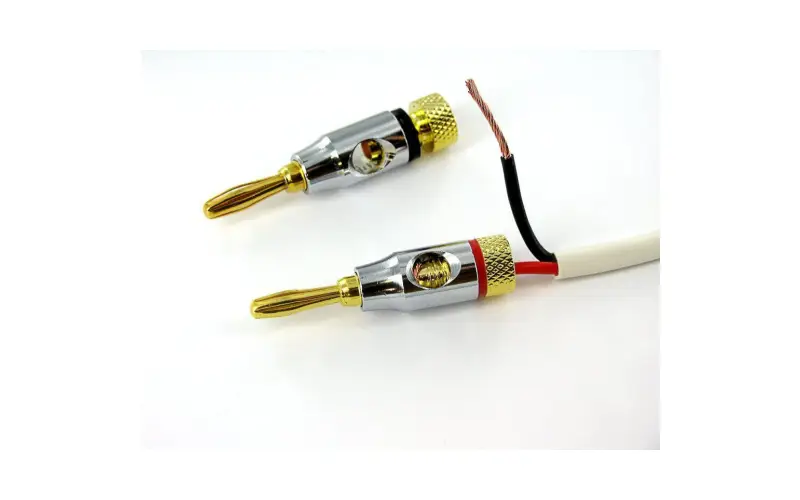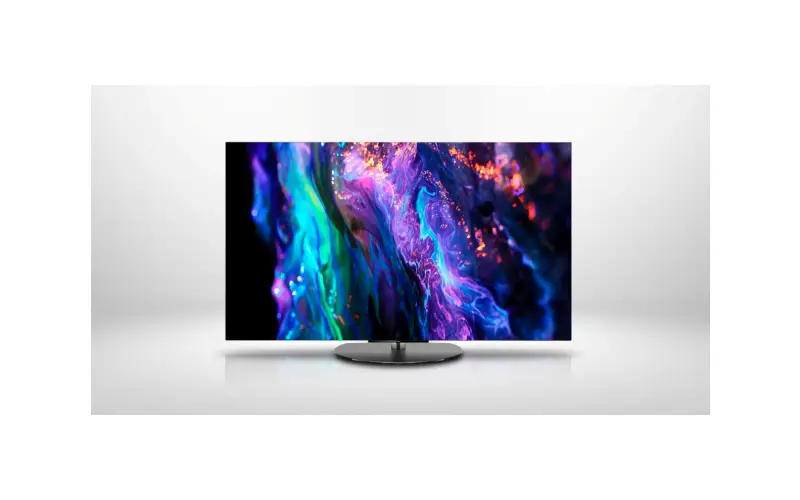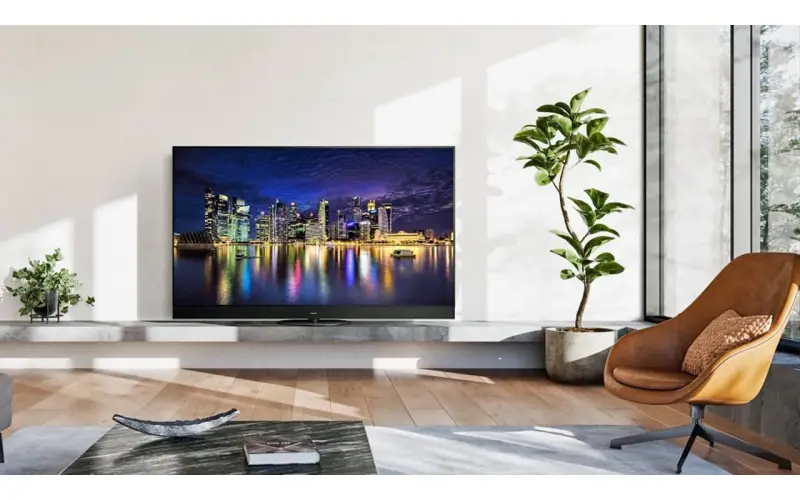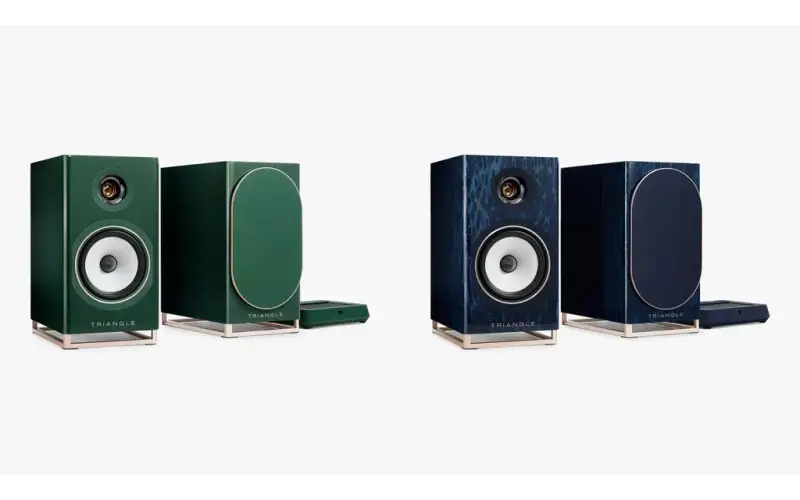When it comes to setting up your home theater system, choosing the right speaker wire gauge can have a significant impact on your audio performance. Speaker wire gauges refer to the thickness or diameter of the wire, and they play a crucial role in delivering the audio signal from your AV receiver or amplifier to your speakers. In this article, we will explain the different speaker wire gauges and provide recommendations for the best gauge to use in your home theater setup, including important considerations for running speaker wire through walls and ensuring compliance with local fire safety codes.
Speaker Wire Gauges Explained
Speaker wire gauges are typically measured using the American Wire Gauge (AWG) system, which assigns a numerical value to each gauge. The lower the AWG number, the thicker the wire. Thicker wires have less resistance and can carry more current, which can result in better audio performance.
The most common speaker wire gauges used in home theater setups are 16, 14, and 12 AWG. Here's a breakdown of these gauges:
- 16 AWG: This is the thinnest speaker wire gauge that is commonly used in home theater setups. It is suitable for short cable runs (up to 20 feet) and for speakers with relatively low power requirements. 16 AWG wires are affordable and easy to handle, making them a popular choice for entry-level home theater systems or for situations where the speakers are located close to the AV receiver or amplifier.
- 14 AWG: This is a medium-sized speaker wire gauge that offers a good balance between performance and affordability. It is suitable for moderate cable runs (up to 50 feet) and for speakers with average power requirements. 14 AWG wires are commonly used in most home theater setups as they provide reliable performance without breaking the bank.
- 12 AWG: This is the thickest speaker wire gauge commonly used in home theater setups. It is suitable for longer cable runs (up to 100 feet) and for speakers with high power requirements. 12 AWG wires are ideal for high-performance home theater systems or for situations where the speakers are located far away from the AV receiver or amplifier.
5 Recommendations for the Best Speaker Wire Gauge
Based on the above information, here are five recommendations for the best speaker wire gauges to use in your home theater setup:
- For short cable runs (up to 20 feet) and speakers with low power requirements: 16 AWG. This is a cost-effective option for entry-level home theater systems or situations where the speakers are located close to the AV receiver or amplifier.
- For moderate cable runs (up to 50 feet) and speakers with average power requirements: 14 AWG. This is a versatile and commonly used gauge that provides reliable performance for most home theater setups without breaking the bank.
- For longer cable runs (up to 100 feet) and speakers with high power requirements: 12 AWG. This is a heavy-duty option suitable for high-performance home theater systems or situations where the speakers are located far away from the AV receiver or amplifier.
- For custom installations that require in-wall wiring: Always check local fire safety codes and regulations for speaker wire requirements in walls. Many building codes specify that only in-wall rated speaker wires should be used for running wires through walls. These wires are typically labeled as "CL2" or "CL3" and are specifically designed to meet fire safety standards.
- Seek professional advice: If you are unsure about the appropriate speaker wire gauge for your specific home theater setup, it's always best to seek professional advice from a certified audio installer or home theater specialist. They can assess your specific needs and recommend the right speaker wire gauge based on factors such as the distance between your AV receiver or amplifier and your speakers, the power requirements of your speakers, and any local fire safety codes or regulations that may apply.
Conclusion
Choosing the right speaker wire gauge is an essential aspect of setting up your home theater system for optimal audio performance. The thickness of the wire can impact the quality of the audio signal that reaches your speakers, especially over longer cable runs or for speakers with higher power requirements. It's crucial to consider factors such as the distance between your AV receiver or amplifier and your speakers, the power requirements of your speakers, and any local fire safety codes or regulations that may apply.
In general, 16 AWG wires are suitable for short cable runs and speakers with low power requirements, 14 AWG wires are ideal for moderate cable runs and average power requirements, and 12 AWG wires are recommended for longer cable runs and speakers with high power requirements. Additionally, if you are planning to run speaker wires through walls, it's important to check local fire safety codes and regulations and use in-wall rated speaker wires that meet those standards.
Ultimately, seeking professional advice from a certified audio installer or home theater specialist is always a good idea if you're unsure about the appropriate speaker wire gauge for your specific setup. With the right speaker wire gauge and proper installation, you can ensure that your home theater system delivers the best audio performance possible for an immersive movie-watching or music-listening experience.





